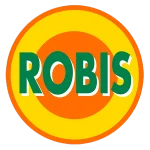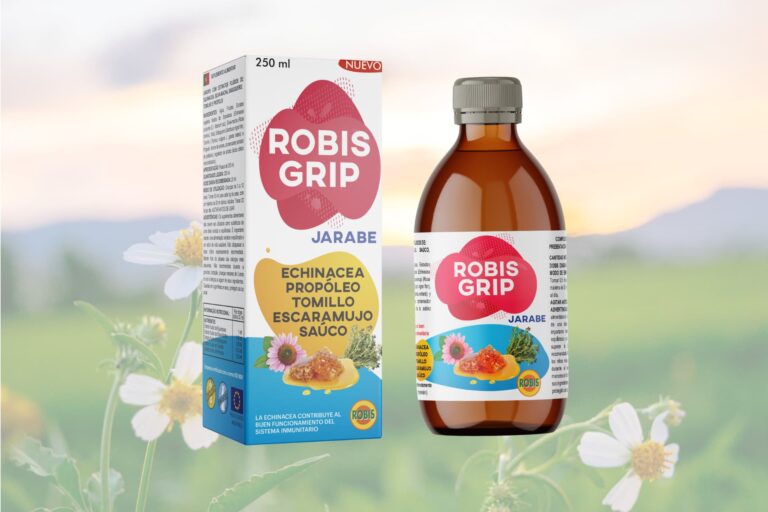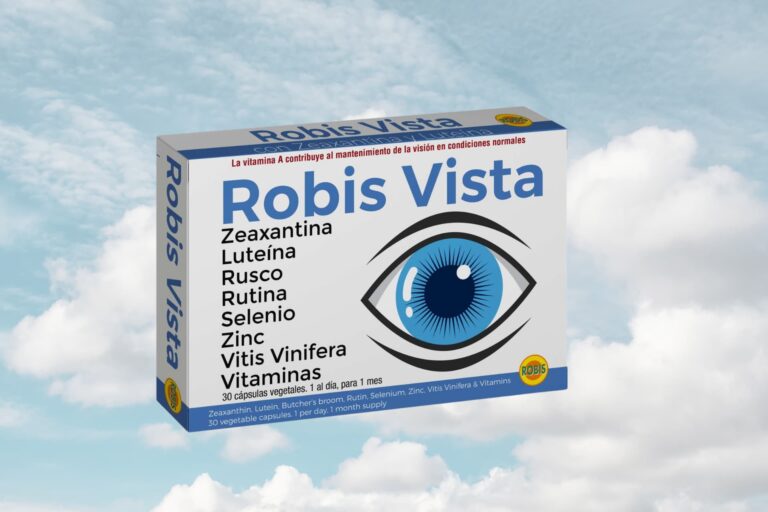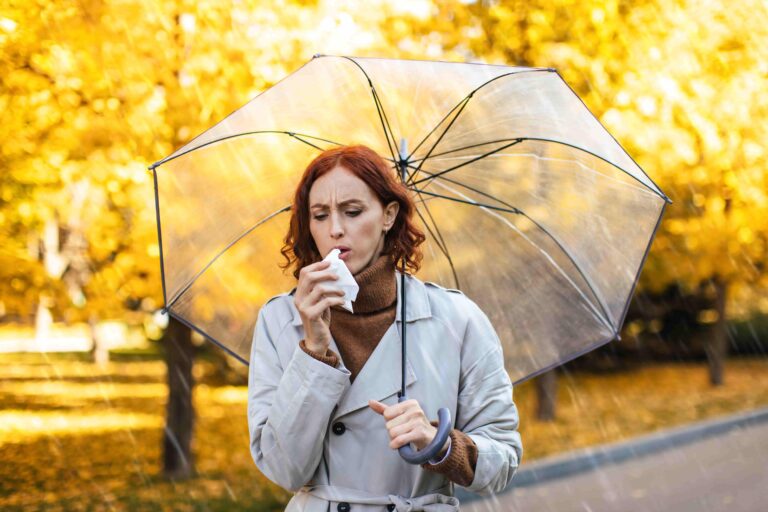If you want to take care after tanning, you should take care from inside, including in your diet Vitamin E, Zinc and beta-carotene. There are foods, which we explain later, which neutralize the damage that could arise from ultraviolet rays, and restore lipids, although they are not a substitute for sunscreen creams. In this way, they also help the skin to rejuvenate itself.
As we know, we must protect ourselves from the sun because ultraviolet rays can age our skin and be harmful to our health by producing skin cancer or melanomas. For the protection of our dermis what we need is a sunscreen and the necessary nutrition from the inside, as detailed below. Take note!
Food for a better skin
Next, we explain and recommend the nutrients and vitamins that you must ingest to obtain a healthy tan. In addition, we provide examples of foods that contain the most nutrients and vitamins to make it easier for you to choose.
Vitamin E
One of the nutrients that most help us maintain our healthy dermis is Vitamin E. This beneficial vitamin can be found in fatty foods of plant origin. The food richest in vitamin E is wheat germ oil. We can also find vitamin E in sunflower, flax and sesame seeds, in nuts, peppers, asparagus, Swiss chard, avocado, olives, peaches, kiwis, and parsley. The most transcendental function of this vitamin for our organism is to avoid the oxidation of fats, since the membranes of our cells are formed by fats, called lipids. The rays of the sun oxidize our dermis, so it is convenient the intake of vitamin E, which protects us.
Zinc
This mineral is found in sesame seeds, wheat germ, and brewer’s yeast. When we ingest it we reserve it in the muscles, the cells of the blood, the retina, the bones, the kidneys, the liver and the skin. Zinc helps to heal wounds, hair growth, and skin renewal because it benefits the active conservation of regeneration systems. Therefore, taking zinc is essential for the renewal of your skin and for the creation of new cells.
Beta-carotene
Beta-carotene is in vegetable pigments that provide us with fruits and yellow, orange, red or green vegetables such as carrots, spinach, barley, beets, peppers, and peaches. When we consume them work in our body as vitamin A in the liver and intestines, acting as antioxidants, which protect us from the sun’s rays. In addition, they fortify the functions of the immune system, preserve strong bones and protect our eyes. Thanks to beta-carotene your tan will last longer and the color will be more uniform because it stimulates the formation of melanin, responsible for the type of color of our skin. Also, the function of beta-carotene is to take care of the health of the skin, making it ideal for the treatment of problems such as eczemas, flakes, hyperkeratosis, acne, and psoriasis.
Polyphenols
Polyphenols are substances that have the ability to combat the skin oxidation caused by ultraviolet rays. The foods that these substances provide us with are soy, tea, red wine, beer, lentils, peas, grapes, purple and red fruits, tomatoes, onions, buckwheat, cereals Whole, cocoa and olive oil.
Omega 7
Omega 7 is anti-aging and protects the skin from the sun. Some of the foods that contain it are avocado, curry and olive oil.
Liquids
Good hydration is necessary and important to keep your skin strong and prevent dryness. It is advisable to drink eight glasses of water every day, although it is also recommended to drink juices, natural shakes, vegetable broths or natural infusions.
A convenient option is to ingest our healthy and quality food supplements.
Robis is a food supplement & cosmetic manufacturer, with plenty of healthy ingredients for your wellness and skin.




